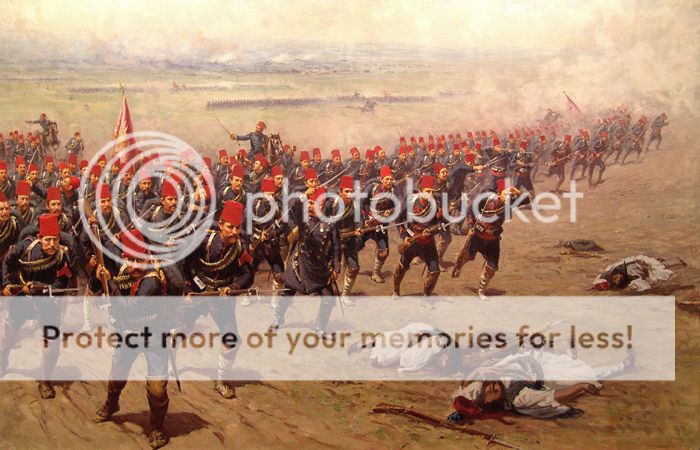Can't speak for Basileus' plan on the Hungarian lands in Italy, but probably not. Like the Habsburg Empire of OTL the Hungarian Empire has no ethnic or cultural inroads with which to consolidate their authority in the Italian lands. Once the winds of ethnic nationalism starts blowing and pan-nationalist unrest becomes a thing, only temporary exertions of military power will allow Budapest to hold any power in the area. I predict that the Germans and Lombards will be gleefully arming the Italians against the Hungarian authorities once that happens.
That seems about right.
IIRC, Basileus said that "Italian" won't exist ITTL. Instead the peninsula will feature two different language groups based around "Sicilian" (Neapolitan & Sicilian liberally mixed with Greek) and "Lombard" (everything else). This is because the stronger Roman Empire has introduced so much Greek influence into southern Italy that linguistic drift will become permanent.
I GUESSED RIGHT FOR ONCE! (sort of, but hey, a Greek-Neapolitan mix is cool too.)
The cultural "war" between the Italians and the Romans ended centuries ago. Everyone recognizes Constantinople's claim to Roman heritage now, especially after Andreas went around beating up every Italian state that tried to challenge the Empire. The Lombards came close to reviving Italian claims to Roman-ness after occupying all of Italy, but that came to a bloody, bloody end.
Ah
Basileus hasn't decided on what the Dalmatian area will look like in modernity, but he did say that the cultural gap has become very difficult to fill in.
I don't get exactly what you mean by "very difficult to fill", does this mean that Dalmatia is cut off from Slavic influence? Quite cool if it is, nobody has done a timeline on this site with a surviving Dalmatia.
I know very little about the relationship between the various South Slav peoples that used to make up Yugoslavia, but from what I know there is a lingering nostalgia about the pan-South Slavic unification that Yugoslavia brought. This is most definitely not the case with Andalusia and the Marinids, so I'd say that the situations do not compare. The Andalusi might very well consider themselves "European", in that they live in Europe and are not "one of them (Maghrebi Corsair scum), though I'd say that actually counting themselves amongst the other Christian nations of Europe goes too far.
By my Yugoslavia parallel look at the Bosnian war aftermath. that should dispel your confusion immediately. When i said otl Albania i meant the fact that the Albanians are mostly Muslim but consider themselves European.
Al-Andalus controls Cartagena. The peace treaty towards the end of the Aragonese Civil War mentioned Al-Andalus giving up Algarve and Alicante to Portugal and Aragon, respectively, but not Murcia.
For some reason it seems right for me for aragon to end up with cartagena. but that's just me.
Most likely English-dominated with heavy French presence.
So would that mean a distinct form of English (like Scots)?
Only Basileus knows.
Unfortunately 
I'm not even sure the Dutch have any colonies in the New World.
I might be confusing this with another timeline *facepalm*
Basileus has refused to comment on this for a long time now. If a unification does occur, it will likely have Marseilles or Barcelona as its capital, depending on who the senior partner in the union is.
Damnit b444 why wont you say something! Barcelona is a much more central location though, it would be easier to govern from there.
Aragon does not have any colonies.
well shit, i must have messed up again



The Romans have both Trojan (Roman, through Aeneid) and Greek blood in them, and are therefore superior!
Could you answer the spefic part about how they view the Latin language itself? (and also if they think that the romanness was no-longer deserved by the Latins, so it was given to the Greeks)
That assumes that the filthy Latins have any real claim to Rome, so no.
Rome the city or Rome the empire?
This will depend on the financial and political realities between the two states. Such a bridge is a serious engineering feat, and as such very expensive. I doubt that the Empire will spend that kind of money when it has so many other things to focus on, especially considering that most Empire-Vlachia trade is done via ships. It also allows a land-based army to easily cross into the Empire without having to contend with naval harassment, which is a big deterrence to its construction.
The invading armies part i think is negated by valchia being friendly, and the bridge could be well fortified if needed. If only the money was had.
All the Silk Road cities are suffering from the route's decline, but the Empire's two chief Silk Road cities are surviving thanks to alternative means. Both Antioch and Trebizond are University-cities with renowned institutes of learning that draw students from all over, which naturally draws in business and capital. In addition Trebizond is building up its ship-building industry to compensate, while Antioch is going into the textiles business to stay alive. The latter is also the home to a Patriarch, who will surely patronage the economic health of the city.
YAY TO ANTIOCH SATING AFLOAT (by this point otl it was a buried ruin  )
)
